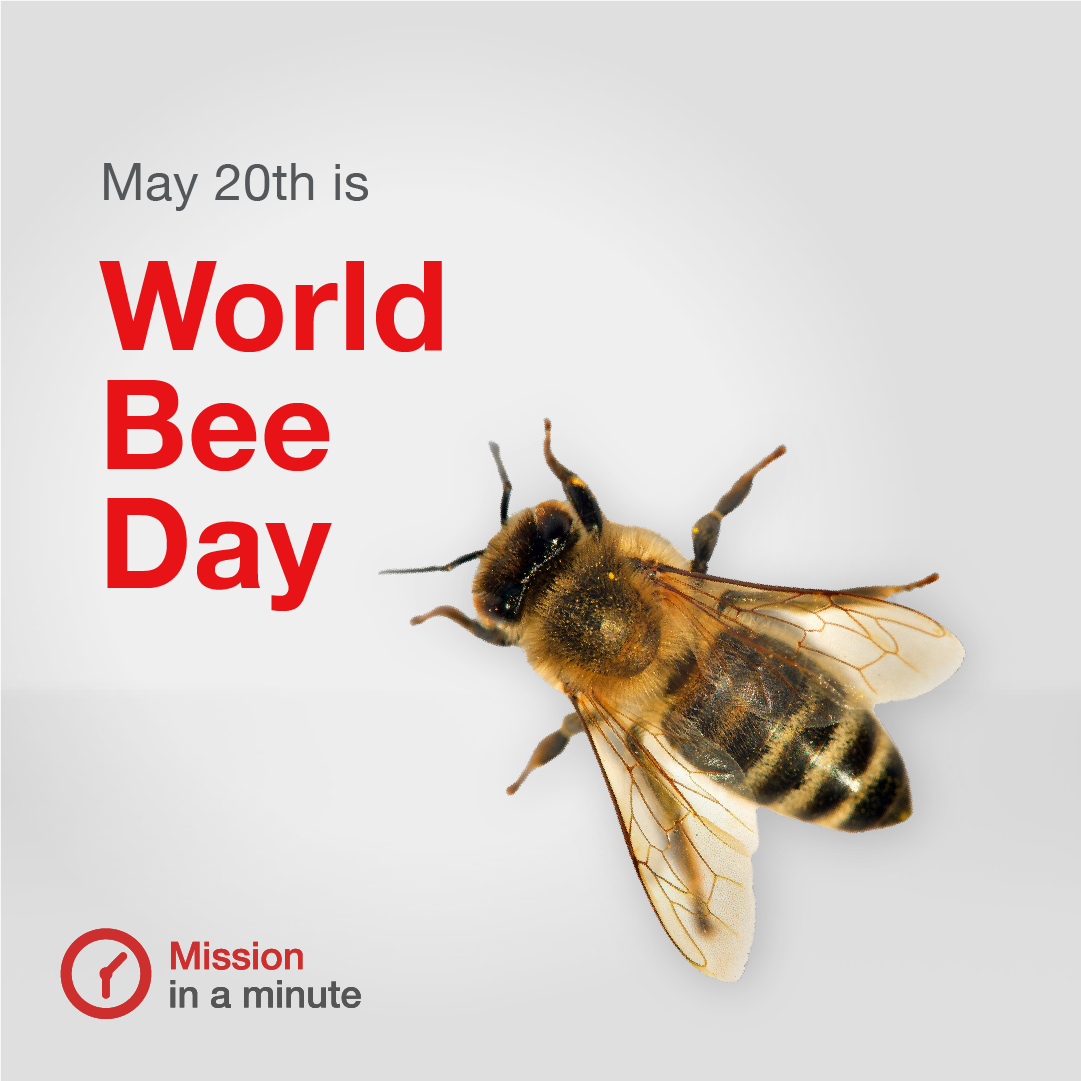
-
Our Mission
Everything we do starts with our Mission: to enable our customers to make the world healthier, cleaner, and safer.
Read More -
Our Mission
Everything we do starts with our Mission: to enable our customers to make the world healthier, cleaner, and safer.
Read More -
Our Mission
Everything we do starts with our Mission: to enable our customers to make the world healthier, cleaner, and safer.
Read More-
- Customer Stories
- Removing the word serial with rapid DNA
- Turning the tap on without fear
- Second shot at life
- Mission in a Minute
- Creating Empowerment Opportunities in the Veterinary Sciences
- Building hope and affordable homes in Michigan
- Preeclampsia
- This Girl is On Fire
- Counting on You
- Allergy Diagnostic Tests Help Ambitious Tennis Player Get Back in the Game
- Tackling Crime by Trading Punishment for Treatment
- POWER Act Aims to Fund Science-based Technology to Address Opioid Crisis
- Supporting connections that lead to life-saving medical care
- Microbiologist's near-fatal battle with sepsis highlights urgent need for awareness and better treatment protocols
- An Icelandic volcano expedition exploring newly formed lava tubes uncovers insights into Earth's origins.
- How Thermo Fisher Scientific colleagues partner with Ronald McDonald House to support families of pediatric patients
- This is a test
- This is another test for a tutorial!
- Text and Image Demo
- Survivor of domestic violence finds new hope with prosthetic hand
- Thermo Fisher colleagues’ passion to advance HIV clinical trials help make lifesaving therapies a reality
- Clean the World and Thermo Fisher volunteers support communities hard hit by natural disaster
- Thermo Fisher volunteers assemble birthing kits to support underserved mothers and babies
- Life-saving allergy treatment
- Water wise
- Better texture for better batteries
- Lab automation goes viral in honeybee disease research
- How NIH funding transforms organ transplantation
- Thermo Fisher Scientific launches state-of-the-art Advanced Therapies Collaboration Center
- Discovery opens doors for cheaper and quicker battery manufacturing
- Tufts Center study shows integrated drug development services could speed delivery of new therapies to patients up to 3 years faster
- This is a new test
- Thermo Fisher opens the Centre for Advanced Training and Innovative Research to build the next generation of scientists in South Africa
- Thermo Fisher collaboration with Project HOPE helps create opportunities for Nigerian youth
- Thermo Fisher and Rise Against Hunger provide lifesaving support in Haiti
- New Thermo Fisher manufacturing facility boosts U.S. supply chain resilience and creates jobs
- Science and genetic testing buy Stage 4 lung cancer patient 10 more years, and counting

While they sometimes seem like nothing more than a pesky insect intruding on your outdoor activities, bees and other pollinators are vital to our ecosystem. In fact, one third of global food production depends on bees, and beekeeping is an important source of income for rural communities.
One of the most well-known bee products is honey. Honey production can get sticky, as it can be adulterated with other lower-price sugars, like cane, corn or beet sugar and then fraudulently sold as pure honey. Our Thermo Scientific EA IsoLinkTM IRMS System tests honey for the presence of other sugars to ensure the highest-quality honey is reaching consumers while our checkweighers verify that the packaged product consistently contains the specified amount as indicated on the label.
For some, bees can be a buzzkill. Some people are severely allergic to bees and other stinging insect venom, meaning a small sting could have life-threatening consequences. Up to 3% of the general population has a history of systemic anaphylactic reactions to insect stings, and people who have had an allergic reaction to an insect sting are likely to have a similar or worse reaction to a sting in the future.

Our ImmunoCAP™ Specific IgE Stinging Insect Allergen Components can help diagnose a person’s allergy more precisely, allowing for a more comprehensive management plan, like specific venom immunotherapy that can reduce the chances of anaphylaxis in the future.
On World Bee Day, let’s celebrate the incredible contributions of bees, as well as our innovative technologies that help ensure an authentic, high-quality food supply and protect those with allergies so we can all bee happy.